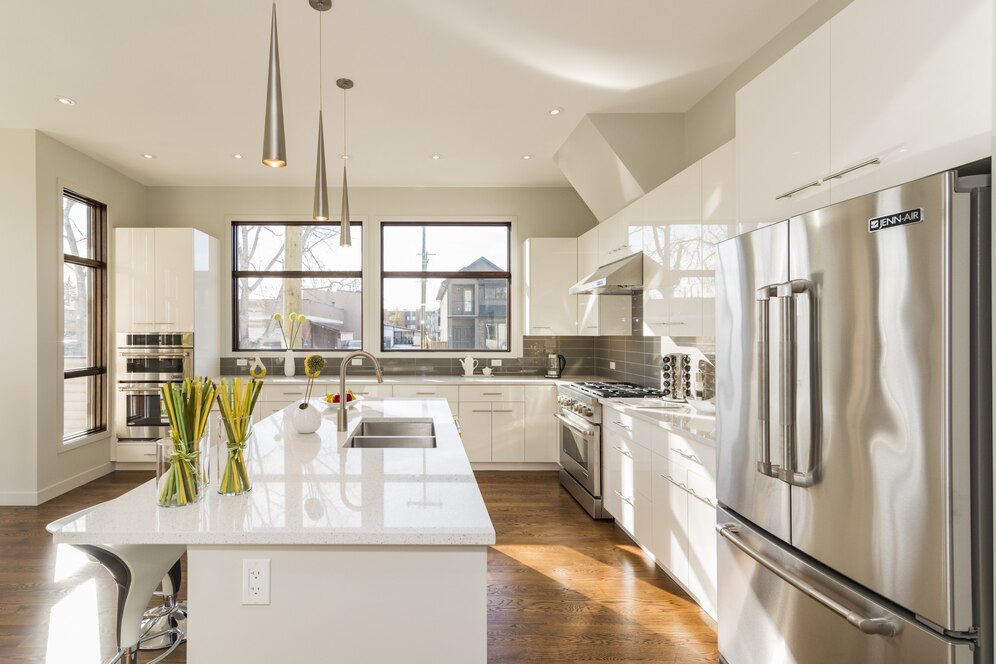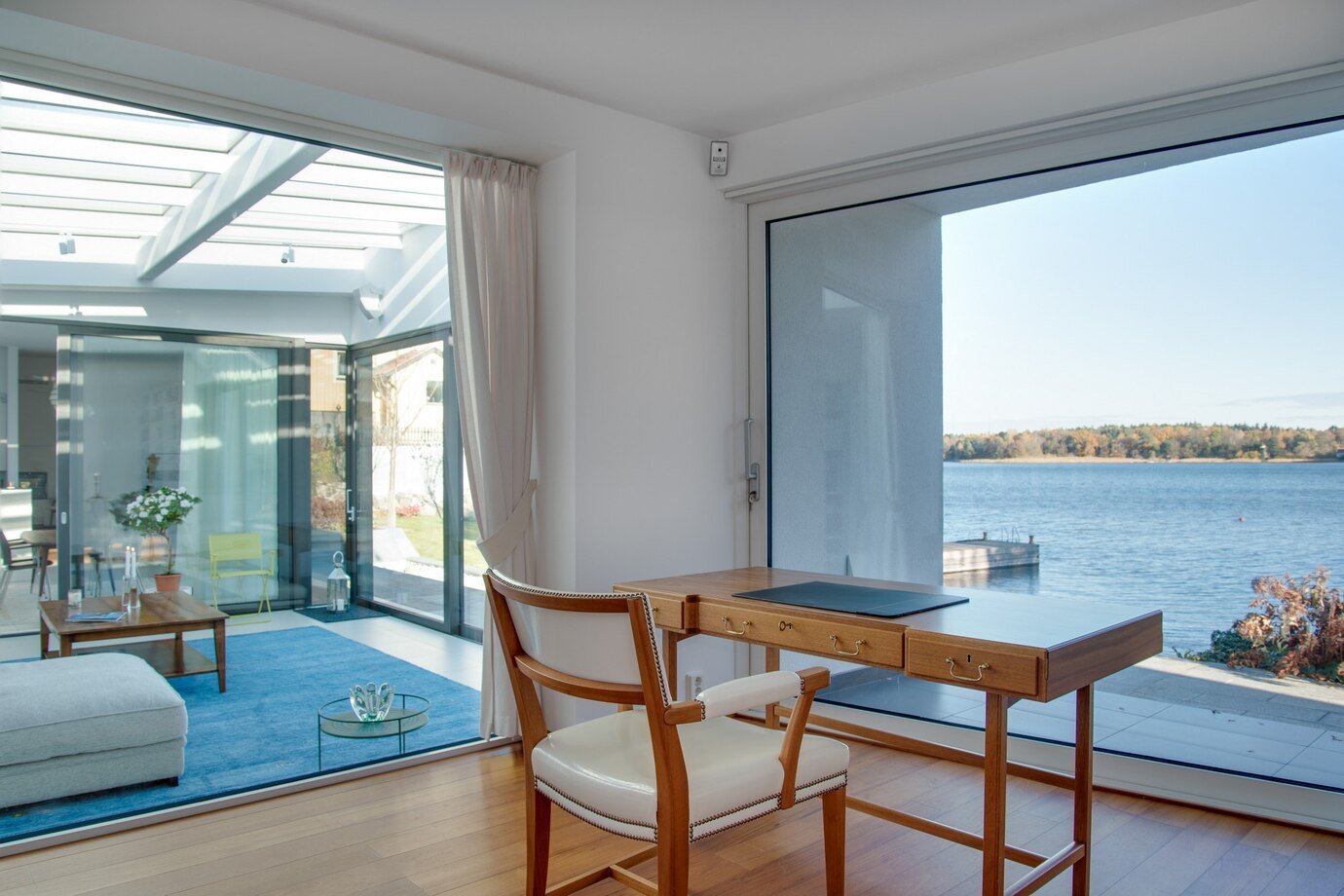When considering a kitchen or bathroom renovation, one of the most important decisions is choosing the right countertop material. Quartz countertops have become an incredibly popular option due to their durability, aesthetic appeal, and low maintenance. However, one of the key factors that often influence this decision is the cost of quartz countertops. Understanding the pricing factors involved can help you make an informed choice, ensuring that your investment aligns with both your budget and design goals. In this article, we’ll explore the various factors that affect the cost of quartz countertops, provide a breakdown of typical pricing, and discuss the long-term value considerations.
What Affects the Cost of Quartz Countertops?
The cost of quartz countertops can vary significantly depending on several factors, including the quality of the material, the complexity of the installation, and the brand you choose. By understanding these variables, you can make an educated decision when planning your countertop budget.
1. Material Quality and Composition
Quartz countertops are engineered surfaces made from a combination of natural quartz and resin. The percentage of natural quartz in the countertop and the quality of the resin used can affect the price. Higher-quality quartz countertops may have a higher percentage of quartz, which leads to better durability and appearance, but these countertops will typically be more expensive.
Some brands offer premium quartz surfaces that are specifically designed to mimic the appearance of natural stone, like marble or granite. These premium options often come at a higher price point because of the attention to detail and innovation involved in creating realistic stone-like aesthetics.
2. Brand and Manufacturer
As with most products, the brand and manufacturer can influence the cost of quartz countertops. Well-known brands, such as Cambria, Caesarstone, and Silestone, may charge a premium for their products. These brands often offer superior quality, more variety in color options, and warranties that could justify the higher price. However, lesser-known or regional brands can offer more affordable options without compromising on quality, providing a more budget-friendly alternative.
3. Design and Customization
Quartz countertops come in a variety of designs, colors, and finishes. If you opt for a standard, pre-fabricated quartz countertop, the price will generally be lower than if you choose a custom design. Customization, such as unique edge profiles, special finishes, or specific color patterns, can increase the cost of quartz countertops.
Additionally, some countertops are made to order, which can add to the overall cost due to the increased labor and time involved in manufacturing and shipping the material.
4. Countertop Size and Layout
The size of your countertop plays a significant role in determining the cost of quartz countertops. Larger surfaces will naturally require more material, which directly affects the price. If your kitchen or bathroom has an irregular layout, you may also face higher costs due to additional cutting, seaming, and shaping required to fit the space.
The number of seams required to join different sections of your countertop will also influence the price. Fewer seams typically result in a cleaner, more seamless appearance, but larger spaces or unique designs might require multiple seams, increasing both the labor and material costs.
5. Installation Complexity
Installation is another significant factor in the overall cost of quartz countertops. While quartz countertops are generally easier to install than some natural stones, the complexity of the installation can still affect the final price. For example, intricate cutting, large slabs, or complex edge profiles will increase labor time and cost.
Professional installation is highly recommended to ensure the countertops are installed correctly and securely, especially considering the weight of quartz slabs. If your installation requires specialized equipment or extra labor, the overall cost will go up.
Typical Pricing for Quartz Countertops
The cost of quartz countertops can vary depending on the factors mentioned above. On average, you can expect the price to fall within a certain range:
- Basic Quartz Countertops: Basic quartz countertops typically cost between $50 and $70 per square foot. These countertops usually come in standard colors and designs without much customization.
- Mid-Range Quartz Countertops: For higher-quality quartz with more customization options and a wider range of colors, expect to pay between $70 and $100 per square foot. These countertops often offer better durability and a more luxurious look.
- Premium Quartz Countertops: If you are opting for premium quartz brands or highly customized designs, the cost of quartz countertops can range from $100 to $150 or more per square foot. This price often includes premium materials, unique designs, and complex installation.
In addition to the material cost, you’ll need to account for installation costs, which can range from $20 to $40 per square foot, depending on the complexity of the installation and labor rates in your area.
Additional Costs to Consider
In addition to the material and installation costs, there are a few other potential expenses that could affect your total investment in quartz countertops:
1. Edge Treatments
Quartz countertops come with a variety of edge profile options, such as square, beveled, bullnose, or ogee edges. While square edges are the most affordable option, more intricate edge profiles can significantly increase the overall price due to the additional labor required for customization.
2. Upgrades and Add-Ons
If you choose to add features such as integrated backsplashes, under-mount sinks, or special finishes, these upgrades can further increase the cost of quartz countertops. Each of these additions requires additional labor and materials, so it’s important to factor these into your budget if you want a more personalized or high-end look.
3. Removal and Disposal of Old Countertops
If you are replacing existing countertops, you may also need to account for the cost of removing and disposing of the old materials. Depending on the size and type of your current countertops, this process could cost an additional $200 to $500 or more.
The Long-Term Value of Quartz Countertops
While the cost of quartz countertops may seem higher than other materials like laminate or some types of granite, the long-term value they offer can justify the upfront investment. Here’s why:
1. Durability and Longevity
Quartz countertops are known for their exceptional durability. Unlike granite or marble, quartz is non-porous, which means it is highly resistant to stains, scratches, and bacteria. With proper care, quartz countertops can last a lifetime, making them an excellent investment.
2. Low Maintenance
One of the biggest advantages of quartz countertops is their low maintenance. Unlike natural stone surfaces, which require sealing and special care, quartz countertops only need occasional cleaning with a mild detergent. This makes them more convenient and cost-effective in the long run.
3. Increased Home Value
Because of their aesthetic appeal and durability, quartz countertops can increase the resale value of your home. Many potential buyers view high-quality countertops as a desirable feature, so investing in quartz can provide a return on investment when it’s time to sell.
Conclusion
The cost of quartz countertops depends on a variety of factors, including the quality of the material, customization options, installation complexity, and the size of the project. While they may come at a higher price than some other materials, quartz countertops offer durability, low maintenance, and timeless beauty that can add significant value to your home. By understanding the various pricing factors and long-term benefits, you can make an informed decision and choose the best quartz countertops to suit your needs, preferences, and budget.





